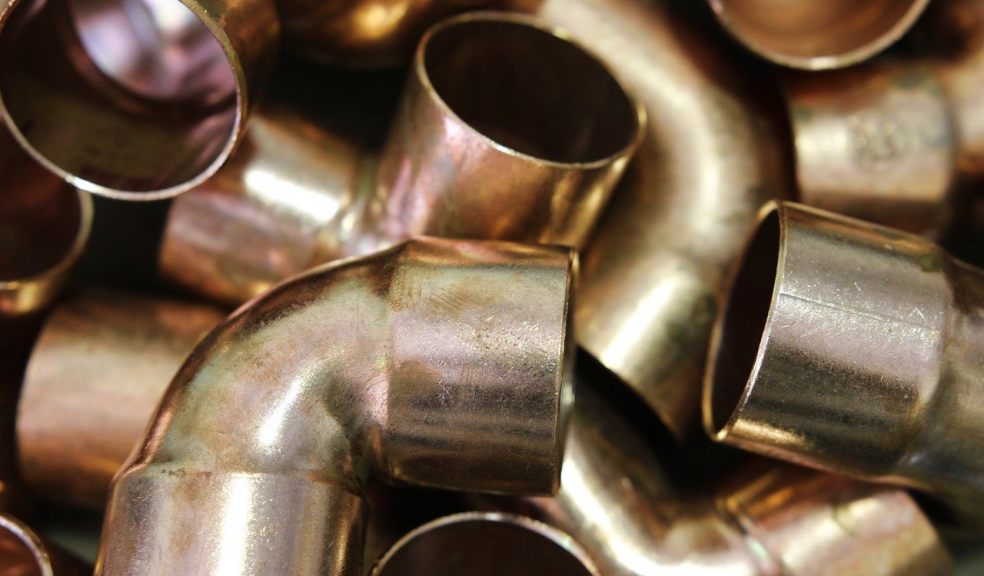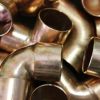
Different materials for piping and their benefits
If you are considering designing a home piping system, one of the most important decisions that you will have to make is which material to use for the pipes. Generally speaking, pipes are made of either metal or plastic.
In the past, lead pipes were standard for plumbing; however, these were banned in new builds in the UK in 1970 (older buildings may still have lead pipes or solder) due to cases of lead poisoning. Types of metal range from stainless steel to brass, copper, or galvanised metal. The different types of plastic used tend to be PVC (Polyvinyl Chloride), CPVC (Chlorinated Polyvinyl Chloride), or PEX (Cross-linked Polyethylene).
The material that will best suit your needs will be dependent on different factors. In this article, we will explore the different options so that you can make an informed decision!
Metal Piping
Metal is generally much more reliable and more durable than any of the plastics, and for that reason is more suited to larger plumbing systems. Each type of metal has its own advantages.
Brass/Copper Piping
Brass and copper are more resistant to corrosion than most other metals, although still susceptible to rust over a timeline of several decades. Brass and copper are particularly suited for water supply lines, due to them having no adverse reactions with water. They are also widely used for gas pipes.
Steel Piping
Steel is renowned for its strength, as well as usually being cost-effective. A threaded steel pipe is perhaps the most versatile and widely-used type of pipe for various applications. There are different types of steel used for piping.
Galvanised steel uses a protective coating of zinc to prevent rust and is designed to stay strong for up to thirty years! Galvanised steel is most commonly used for plumbing.
Black steel uses an iron-oxide protective coating and is renowned for its high heat resistance. Like galvanised steel, it is popular for plumbing, as well as gas lines and sprinkler systems.
Stainless steel offers similar durability and resistance against corrosion as galvanised steel and black steel yet has a higher strength-to-weight ratio. Stainless steel is also heat-resistant, resistant to electrical conductivity, and is one of the easiest metals to clean.
Plastic Piping
Plastic has some advantages over metal – it does not rust, requires no welding, and is easy to cut and shape. However, it is almost always less durable than metal. Each variant of plastic – PVC, CPVC, and PEX - has its own advantages.
PVC Piping
PVC is cheap, easy to build with, and versatile. However, it cannot withstand temperatures that are too high, so it is not suitable for hot water pipes.
CPVC Piping
CPVC is similar to PVC, except that the chlorine offers higher resistance to heat, making it suitable for hot water pipes.
PEX Piping
PEX is extremely flexible and long-lasting, so it is an excellent choice for a system that is designed to last decades. PEX is also very versatile with different temperatures – it is resistant to freezing temperatures as well as high heat levels.




















